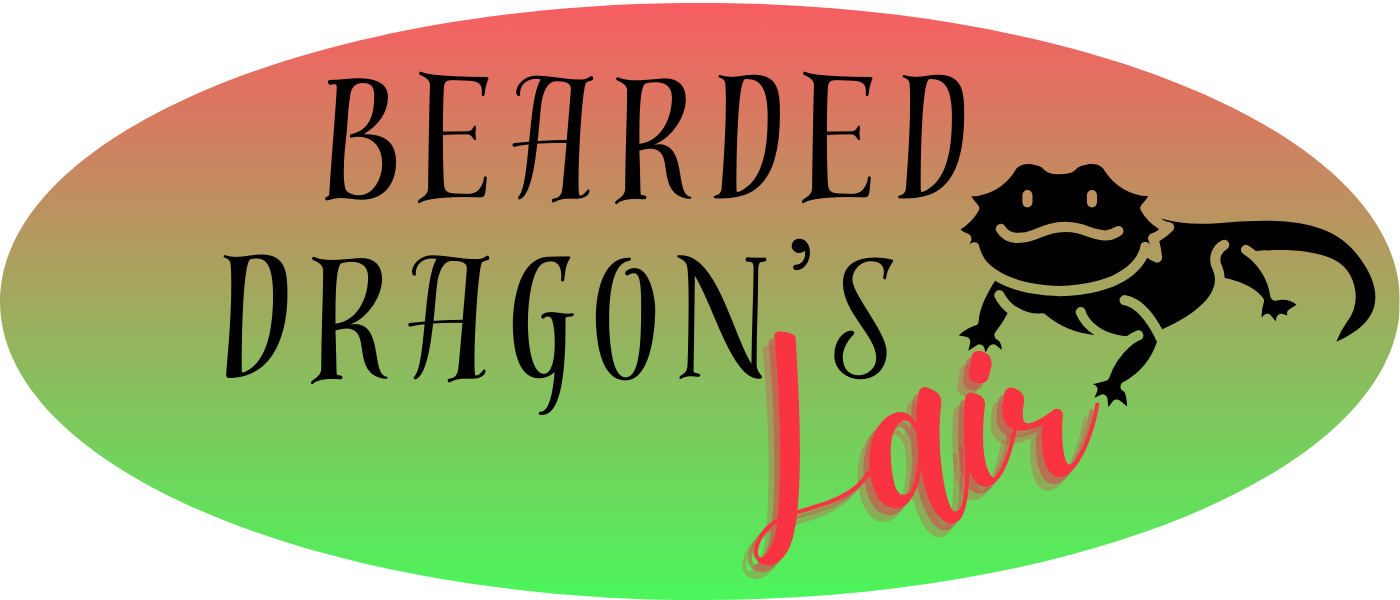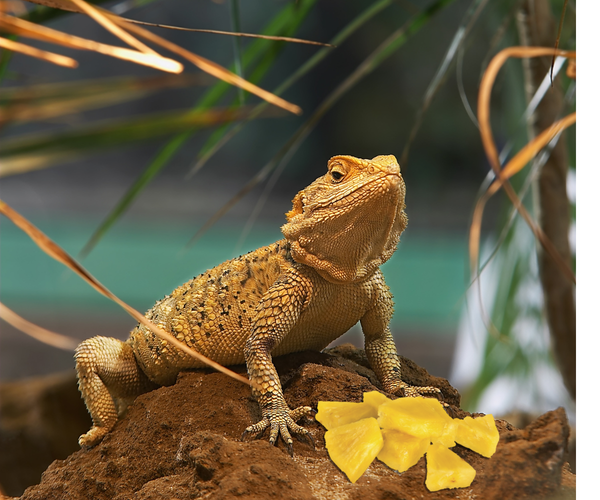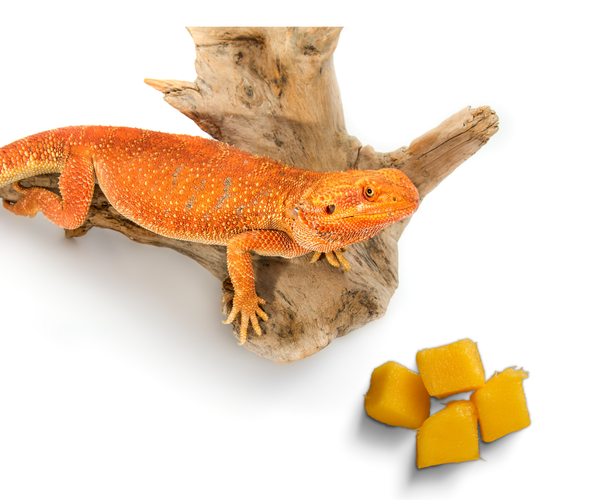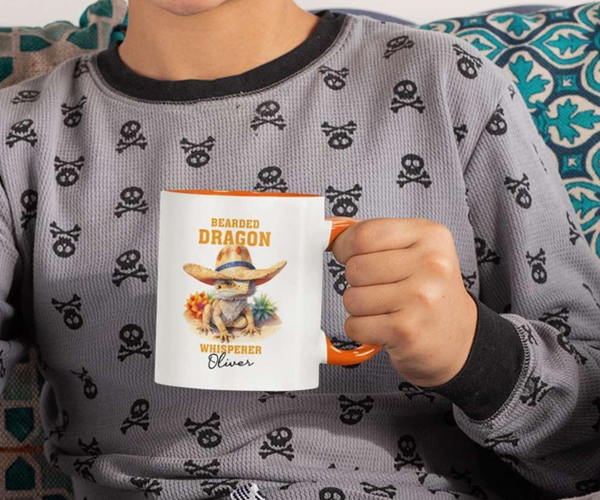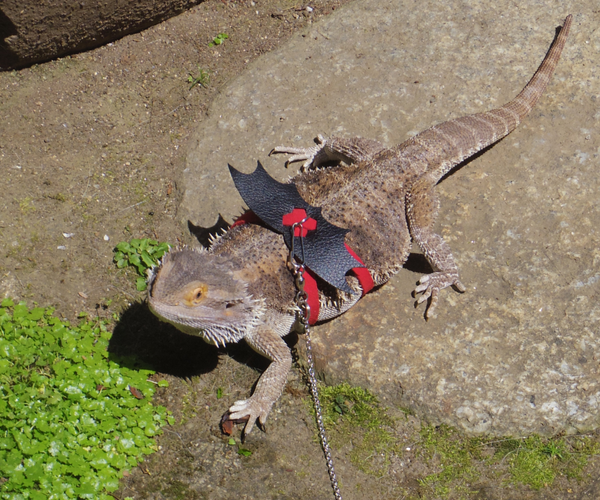Why Is My Bearded Dragon Not Eating?
Understanding the reasons behind this behavior is crucial for ensuring the health and well-being of your scaly friend.
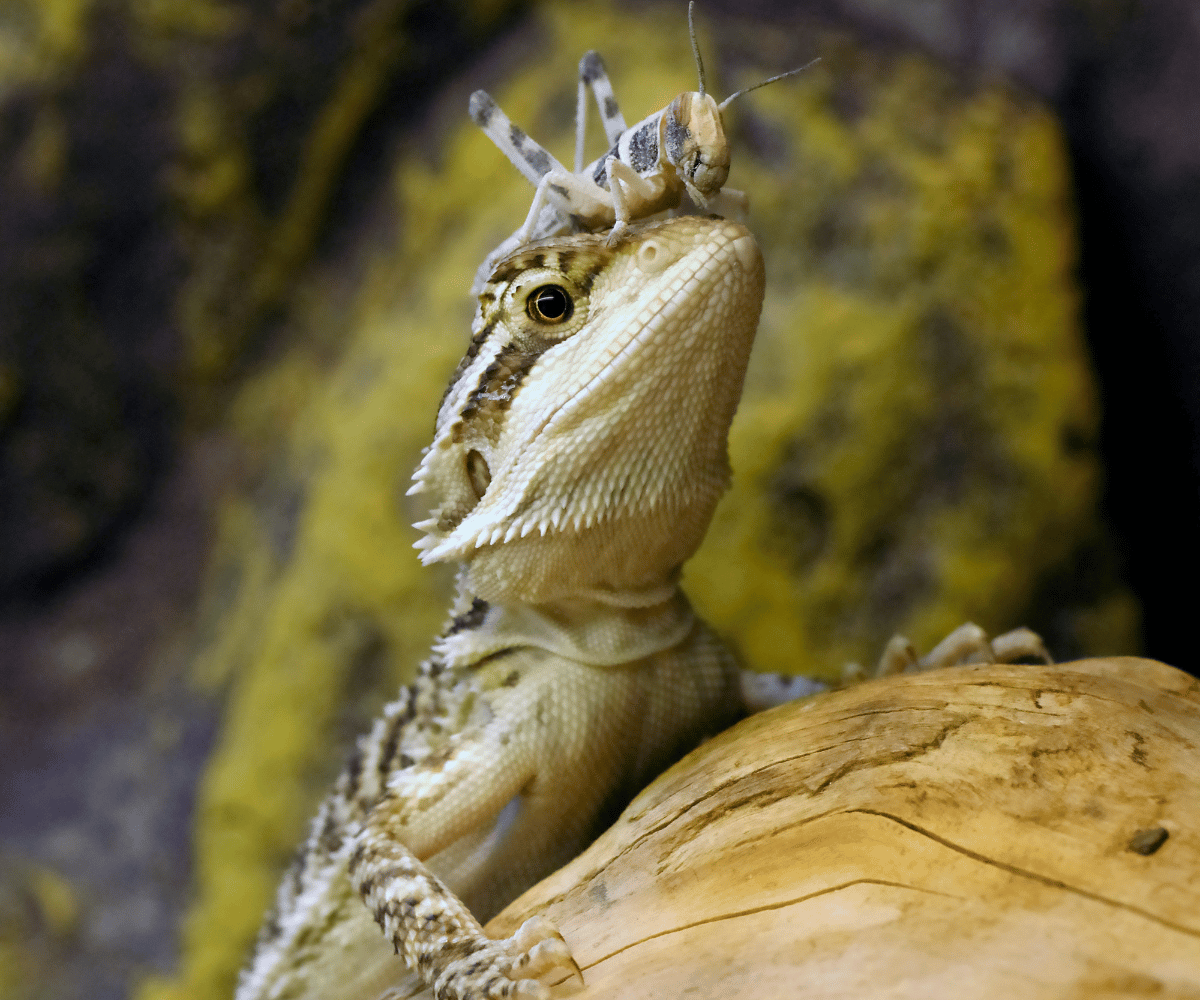
Bearded dragons are popular pets known for their docile nature and unique personalities. However, as with any pet, health concerns can arise, and a common issue faced by owners is a bearded dragon refusing to eat. Understanding the reasons behind this behavior is crucial for ensuring the health and well-being of your scaly friend.
Key Takeaways:
- Identifying the common reasons why a bearded dragon might stop eating.
- Learning how to address potential health issues and environmental factors affecting appetite.
- Knowing when to seek professional veterinary care for your bearded dragon.
Understanding Bearded Dragon Appetite Loss
Appetite loss in bearded dragons can be alarming for any pet owner. These creatures have specific dietary needs, and when they stop eating, it could be a sign of an underlying issue. It's essential to observe your bearded dragon's behavior and look for any changes that might indicate a problem. Stress, improper habitat conditions, and illness are among the top reasons for a decrease in appetite.
Health Concerns and Illnesses
When a bearded dragon stops eating, the first thing to consider is their health. Parasitic infections, impaction, and respiratory infections are common health issues that can lead to a loss of appetite. Symptoms such as lethargy, unusual feces, or breathing difficulties can accompany these conditions. It's crucial to monitor your pet's health and consult a veterinarian if you suspect any illness.
Environmental Stressors
The environment of your bearded dragon plays a significant role in its eating habits. Factors such as incorrect temperatures, inadequate lighting, and lack of a proper basking area can cause stress, leading to appetite loss. Ensuring that the habitat closely mimics their natural environment is key to maintaining a healthy appetite.
Dietary Needs and Preferences
Bearded dragons have specific dietary requirements that vary with age. Juveniles need more insects, while adults require a diet with more vegetables. If the diet is not appropriately balanced or if the food offered is not to their liking, they may refuse to eat. It's important to understand their dietary needs and preferences to encourage regular eating habits.
The Impact of Brumation
Brumation is a hibernation-like state that bearded dragons enter, typically during the cooler months. During this period, they may eat less or stop eating altogether. If your bearded dragon is showing signs of brumation, such as sleeping more and eating less, this could be a natural and temporary phase.
Hydration and Its Role
Hydration is just as important as food for bearded dragons. A lack of water intake can lead to a decreased appetite. Providing a shallow water dish and misting your bearded dragon can help ensure they stay hydrated and maintain their appetite.
The Role of Supplements
Vitamin and mineral supplements are vital for a bearded dragon's diet, especially calcium and vitamin D3. Without these supplements, they can develop nutritional deficiencies that can affect their appetite. It's essential to supplement their diet correctly to prevent these issues.
Handling and Interaction
Bearded dragons can become stressed with excessive handling, leading to a loss of appetite. It's important to build trust and handle your pet gently and infrequently, especially if they are new to your home or showing signs of stress.
Recognizing Signs of Impaction
Impaction, caused by the ingestion of substrate or other indigestible materials, can lead to a loss of appetite. If you notice a lack of bowel movements or a swollen abdomen, impaction could be the culprit. This condition requires immediate veterinary attention.
When to Consult a Veterinarian
If your bearded dragon's appetite does not improve despite addressing the potential issues mentioned, it's time to consult a veterinarian. They can provide a thorough examination, diagnose any health problems, and recommend a treatment plan to get your bearded dragon back to eating regularly.
Preventative Care and Regular Check-Ups
Preventative care, including regular check-ups with a reptile-savvy veterinarian, can help catch issues before they lead to appetite loss. Keeping a close eye on your bearded dragon's eating habits and overall health is crucial for early detection and treatment of potential problems.
Summary
A bearded dragon not eating can be a sign of various issues, ranging from environmental stressors to health concerns. By understanding the common reasons for appetite loss and how to address them, you can help ensure your bearded dragon remains healthy and happy. Regular veterinary care and close observation of your pet's behavior are key to preventing and resolving these issues.
FAQ Section
Q: How long can a bearded dragon go without eating? A: Bearded dragons can survive for longer periods without food, especially during brumation. However, if a bearded dragon refuses to eat for more than a week without any signs of brumation, it's important to seek veterinary advice.
Q: Can a bearded dragon's diet change as they age? A: Yes, a bearded dragon's dietary needs change as they grow. Juveniles require more protein from insects, while adults need a diet with a higher proportion of vegetables.
Q: What should I do if my bearded dragon is not eating and showing signs of illness? A: If your bearded dragon is not eating and exhibits signs of illness, such as lethargy, unusual feces, or breathing difficulties, consult a veterinarian immediately for a proper diagnosis and treatment plan.
